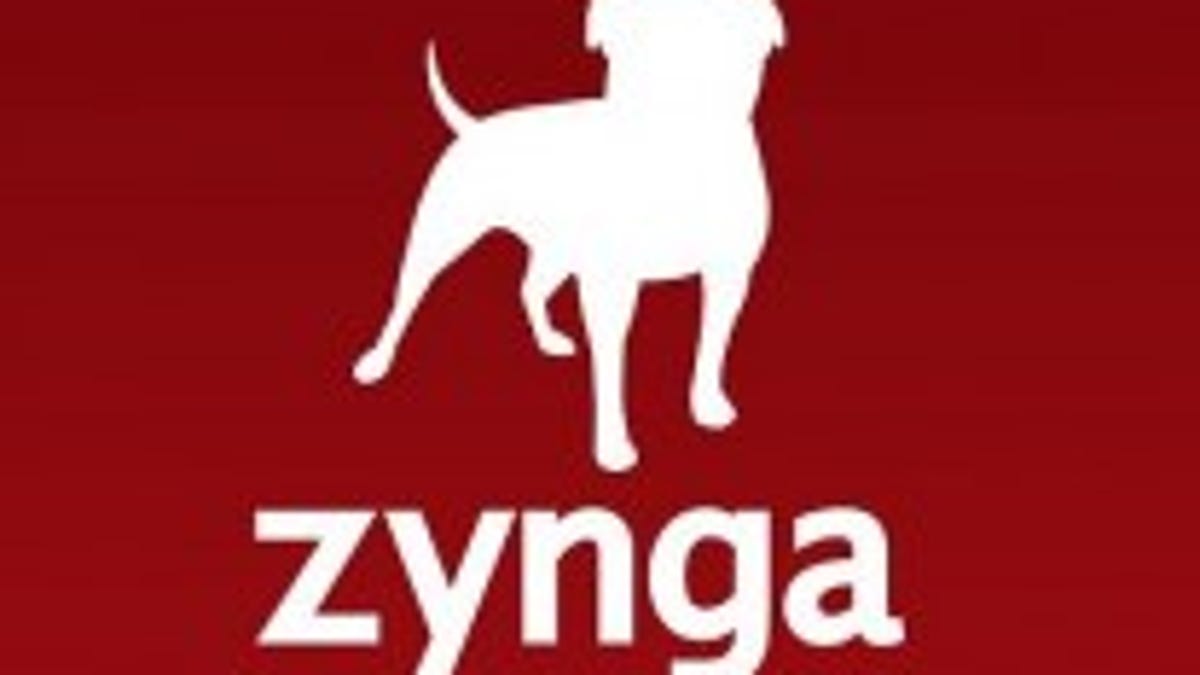Are Zynga employees miserable, ready to bail after IPO?
The New York Times cites several unnamed sources who are former Zynga employees in a recent report. But one source tells CNET that Zynga can be a great place to work if people are talented and love what they do.

Zynga has been hit hard lately by reports that say it has been tough on employees. But according to a new story, employees might be preparing to strike back.
Every quarter, Zynga holds a staff survey to find out how employees feel about the company. Last month, the company's CEO Mark Pincus got more than he bargained for from employees after many of them complained of tough working conditions, according to The New York Times yesterday. At least one of the people who responded to the company survey said that as soon as Zynga goes public and they can cash in their shares, they'll leave.
The issues, according to the Times, which cited several unnamed sources who are former Zynga employees, include that employees work long hours, are held to performance metrics that their CEO obsesses over, and are in fear of being demoted or terminated if they don't do a good job.
But one person with knowledge of the situation told CNET today that Zynga is a great place to work for people who can appreciate the company's culture of giving people more compensation and responsibility based on their performance.
"Because of the culture of meritocracy at Zynga, if you're talented and if you love what you do, there is no better place in Silicon Valley--or anywhere really--for upward mobility and potential for growth," the person said.
This isn't the first time there's been news of complaints about Zynga's treatment of employees. Earlier this month, The Wall Street Journal reported that Pincus had a hit list of employees who he believed, weren't doing a good enough job to justify the amount of company stock they held. In response, he reportedly told those employees that they'd either need to give up some unvested shares or face termination.
Two employees hired lawyers in response, and reached a settlement with the company to give up some, but not all, of the stock Pincus wanted back, according to the Journal.
That revelation set Silicon Valley ablaze. Those who agreed with Zynga's move said that the company's "meritocracy" is something that helps those who excel and--just as with any company--penalizes those who are falling short in their duties. However, many argued that Zynga was inappropriately forcing employees into a corner, and in the process, hurting its relationship with its workers.
The Times' latest report points out that Zynga offers a slew of perks to employees, including giving them a week off before a new social game launches, holding happy hour on Fridays, and offering acupuncture. But the story also includes claims of employees breaking down into tears and enduring screaming by top management.
In an interview with the Times, well-known venture capitalist Roger McNamee said that Zynga will go down as a "cautionary tale" in how startups treat employees.
"Zynga should be an example of entrepreneurship at its best," McNamee told the Times. "Instead it's going to be a Harvard Business School case study on founder overreach--this will be a cautionary tale."
McNamee's perspective on the issue becomes far more interesting when one considers his background. In 2004, McNamee co-founded Elevation Partners, a venture capital firm that operates in New York City and San Francisco. More importantly, he co-founded the company with Electronic Arts CEO John Riccitiello. EA is arguably Zynga's biggest competitor in the social-gaming space.
From beginning to end, EA makes a showing in the Times article. For instance, the company's head of human resources, Gabrielle Toledano, told the Times that EA is looking to recruit Zynga employees after the company goes public, adding that her company won't "treat talent as a commodity."
The stakes--and the competition--between Zynga and EA are high.
According to the Times' sources, EA engaged in a heated battle with Zynga earlier this year over the acquisition of online-gaming company PopCap Games. The Times' sources--"two people with first-hand knowledge of the situation"--say that Zynga offered PopCap $950 million in cash, but PopCap quickly backed out after hearing rumors that Zynga had previously taken back employee stock and had "fierce internal competition." PopCap eventually agreed to a $750 million cash and stock deal with EA that also came with up to $550 million in earnouts if the company hit certain performance milestones.
A CNET source with knowledge of the situation has a much different idea on how things went down. The person told CNET that PopCap did not back out because of concerns over Zynga's treatment of employees--something that PopCap wasn't at all concerned about--but rather its potential to make more with EA.
Conspicuously missing from any report is a statement from the social-gaming firm itself. CNET contacted Zynga for comment but the company did not respond. Because Zynga is in a quiet period as it prepares for its IPO, the company is limited in what information it can release to the public. The Times said Zynga declined to comment, citing its quiet period.

